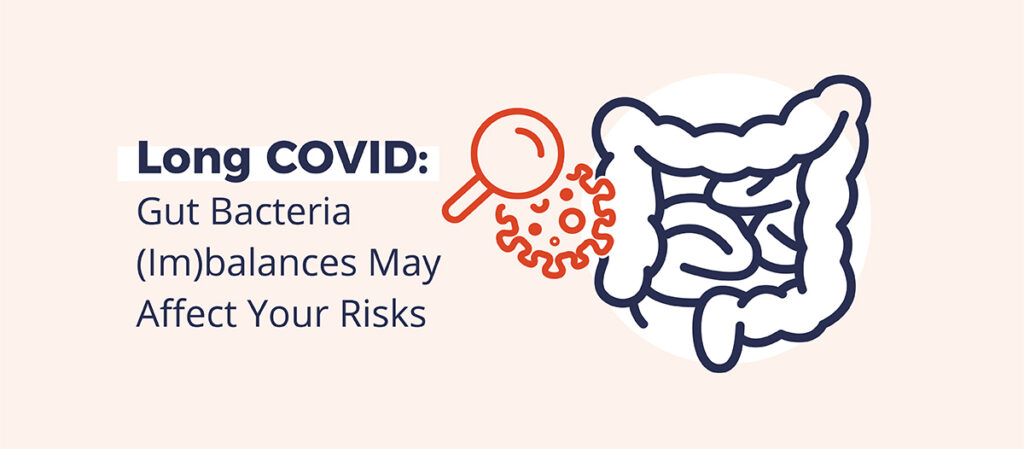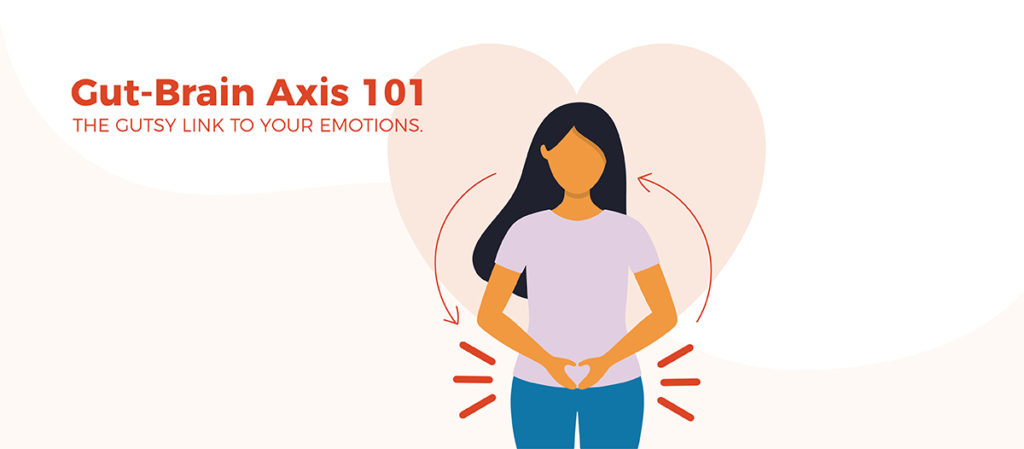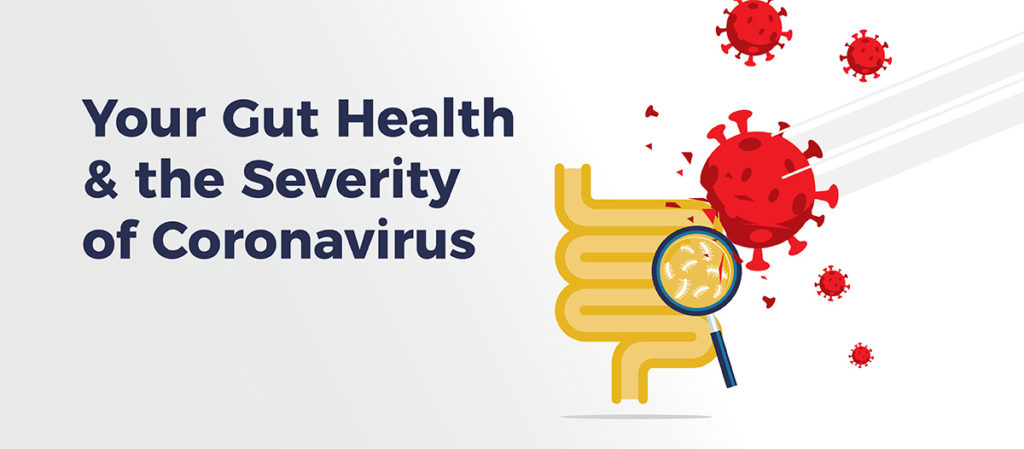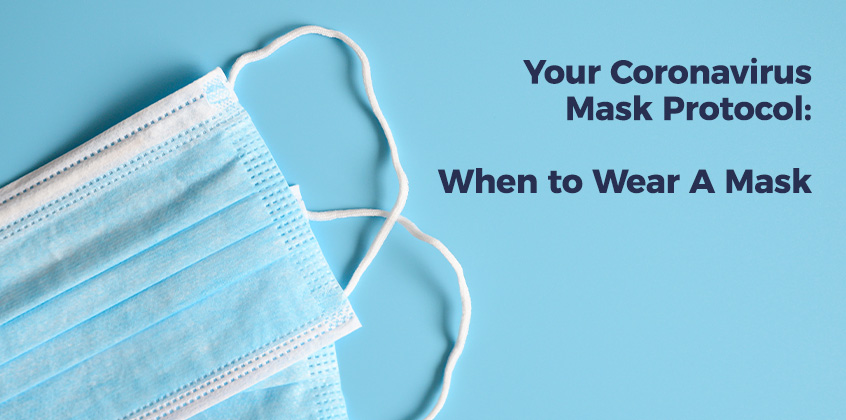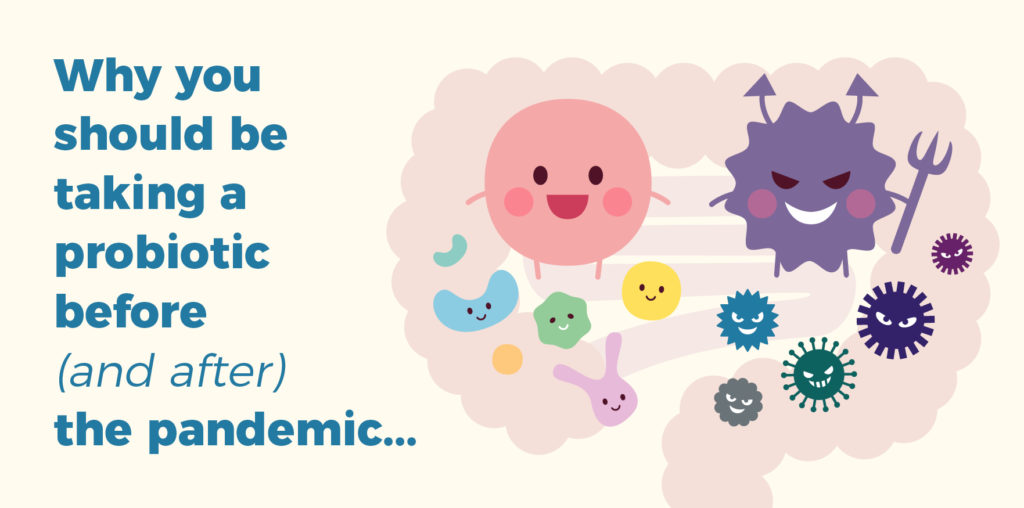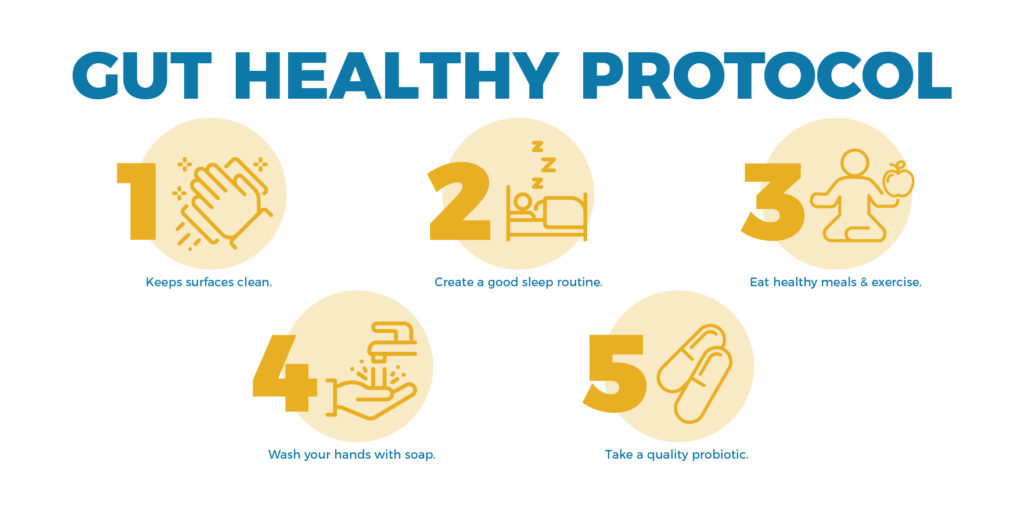Stop Long COVID
Multi-Strain Probiotics: A Long COVID Solution
The balance of bacteria in the human gut goes a long way toward dictating the state of your health and the ability of your immune system to defend you from health challenges as they come.
So, it wasn’t surprising to learn that gut bacteria imbalances have emerged as a new marker for Long COVID.
As many as 7 percent of all COVID-19 patients experienced at least one symptom of Long COVID up to six months later, according to a report in Nature Communications issued late last year.
Although hard numbers are difficult to come by, some experts believe as many as 23 million Americans have been affected by Long COVID symptoms, and at least 1 million have lost their jobs as a result.
Fortunately, a very simple non-drug solution — a multi-strain probiotic — may be a huge help in treating acute and Long COVID symptoms.
Probiotics To The Rescue!
Interest in testing the benefits of probiotics kicked into high gear after an informal app-based study by Kings College in the UK involving more than 400,000 patients found that those who were taking probiotics regularly lowered their COVID risks.
British researchers took the next step by measuring the benefits of probiotics formulated with five strains of beneficial bacteria from the Lactobacillus and Lactococcus families and a prebiotic taken by 126 COVID patients for 30 days.
(Four of the five strains tested in this study are key ingredients contained in EndoMune Advanced Probiotic.)
Among patients taking probiotics, a majority (86) had been dealing with Long COVID symptoms for an average of 120 days while the remainder had presented COVID symptoms for about 10 days.
Not surprisingly, three key COVID symptoms — coughing, fatigue and overall wellbeing — improved significantly after a month-long trial of probiotics, along with reports from patients about improvements in their gut health-related symptoms.
One interesting finding: Patients who were treated in a hospital setting for COVID with probiotics and were older and more sedentary enjoyed greater health improvements.
What’s more, scientists attributed those probiotic benefits to relief from gut health issues related to taking antibiotics and other medications.
Taking Preventative Measures
Another important reason why the results of this UK-based study are so important: COVID will be around for the foreseeable future.
Even if you’ve already had COVID, there’s a chance one of the growing number of variants circulating could infect you a second time, depending on your precautions, existing health risk factors and vaccine status.
Having a strong immune system is more important than ever, especially if you want to protect your health from COVID or, worse, the lingering symptoms of Long COVID.
Given what we already know about Long COVID symptoms linked to a less diverse microbiome, taking a multi-species probiotic like EndoMune Advanced Probiotic makes good gut sense!
Resources
NHS/Cambridge University Hospitals
Infectious Diseases Diagnosis & Treatment

